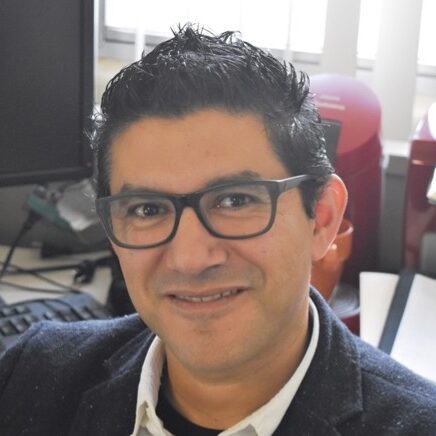Modelling complex systems with distributed agency and fuzzy inference systems. Knowledge-based curricula in higher education
Abstract
Higher education has become a cornerstone in the arise of knowledge society conceptualization. This concept covers a new type of social configuration that puts knowledge as the main value in human interaction for future social and economic development and also as one of the main actions to improve in order to gain a better quality of life. In this paper we discuss the importance of this structure and its characteristics, then we focus in the need to generate a higher education curriculum that fits this emphasis in social development of a new knowledge-based society. Finally, we use complex systems simulation to analyze six agents including: 1) Students; 2) Teaching – Teachers; 3) Training plan – Teachers; 4) Scientific research, IT development, innovation and professional performance; 5) Management – Managers; and 6) Environment and relevance or External Agents and five variables for this study: 1) Teaching; 2) Extracurricular activities; 3) Research and development; 4) Management; and 5) Educational culture. The final goal is to propose a curriculum that includes a projection to create knowledge-based society from higher education as a main factor to achieve this objective.
Keywords: complex systems, higher education, knowledge-based curricula, distributed agency, FIS

Deja una respuesta